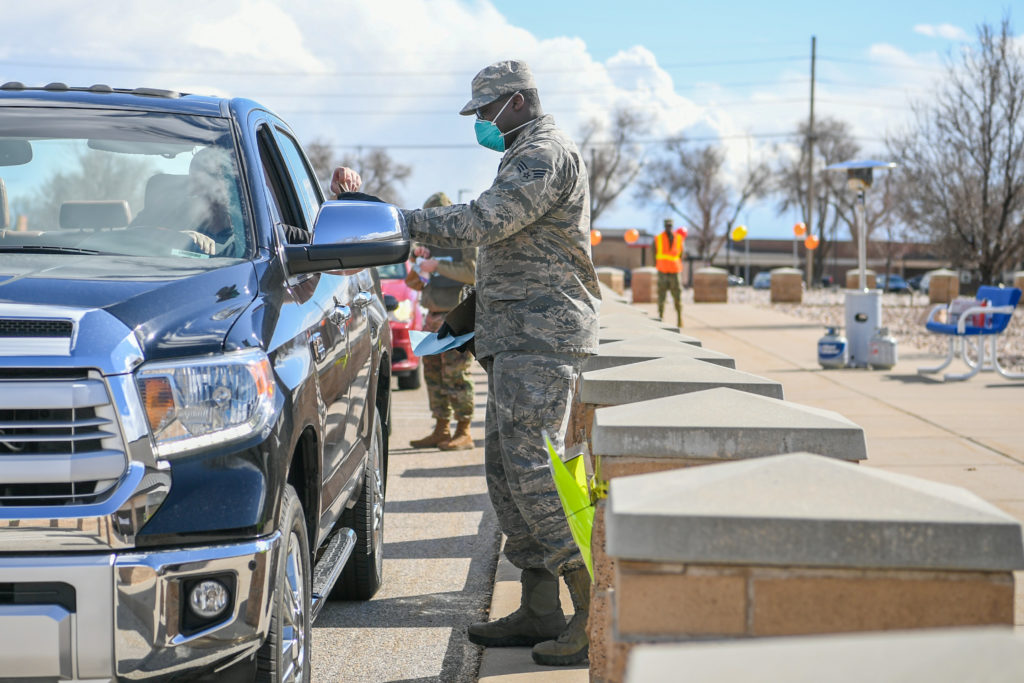 The devastating toll of the Coronavirus pandemic has ignited a debate about the intersection of public health and national security. Once recognised as global leaders in pandemic preparedness, the United States and the United Kingdom have struggled to integrate policy responses to Covid-19 into existing security frameworks and to allocate resources accordingly. Indeed, public health spending in both countries pales in comparison to spending on counter-terrorism, even though more American lives have been lost to the pandemic than in all US wars since World War II and the number of Covid-19 deaths in the UK far exceed those attributed to terrorism in the last 50 years. Consequently, some academics and policymakers have questioned whether the prevailing notion of national security—a state’s capacity to defend its territory and protect its citizens from attack or other external dangers by maintaining armed forces—is insufficient. Instead, as Max Boot, Oona Hathaway, Samantha Power, and Ben Rhodes rightly argue, our conception of national security should be broadened to include health security, public health systems, and the associated global health governance regime. Still, caution should be taken so as to not develop an overreliance on the military to fight disease. READ MORE>>>
The devastating toll of the Coronavirus pandemic has ignited a debate about the intersection of public health and national security. Once recognised as global leaders in pandemic preparedness, the United States and the United Kingdom have struggled to integrate policy responses to Covid-19 into existing security frameworks and to allocate resources accordingly. Indeed, public health spending in both countries pales in comparison to spending on counter-terrorism, even though more American lives have been lost to the pandemic than in all US wars since World War II and the number of Covid-19 deaths in the UK far exceed those attributed to terrorism in the last 50 years. Consequently, some academics and policymakers have questioned whether the prevailing notion of national security—a state’s capacity to defend its territory and protect its citizens from attack or other external dangers by maintaining armed forces—is insufficient. Instead, as Max Boot, Oona Hathaway, Samantha Power, and Ben Rhodes rightly argue, our conception of national security should be broadened to include health security, public health systems, and the associated global health governance regime. Still, caution should be taken so as to not develop an overreliance on the military to fight disease. READ MORE>>>